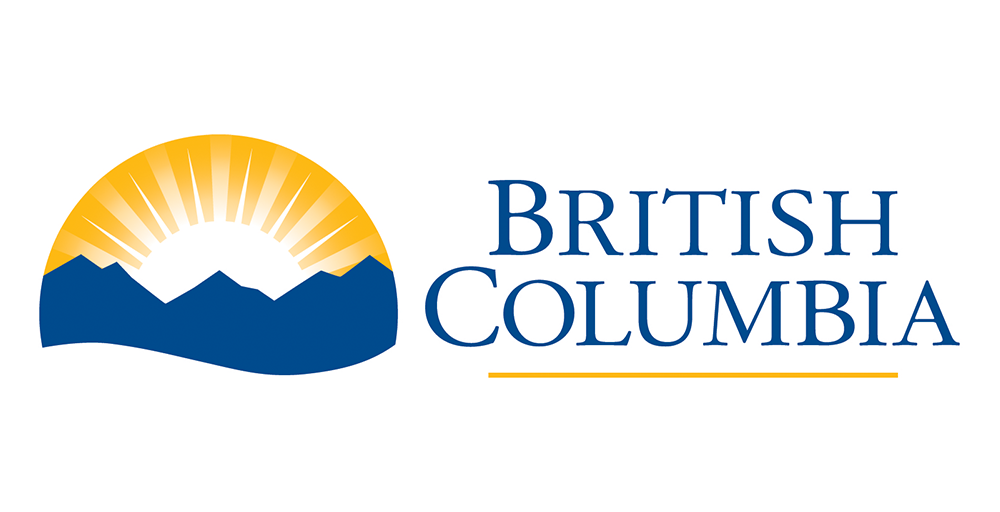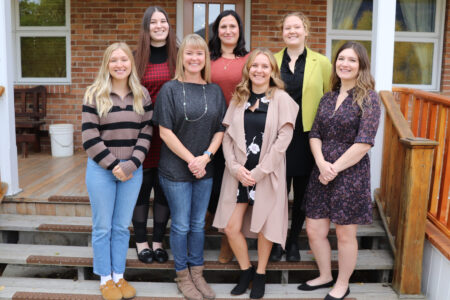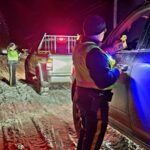Helping rural, remote and Indigenous communities respond to COVID-19
A new collaborative framework will help ensure people living in rural, remote and Indigenous communities in B.C. have access to critical health care they can count on to meet their unique needs during the COVID-19 pandemic and into the future.
“People living in rural, remote and Indigenous communities have unique challenges in accessing the health care they need,” said Premier John Horgan. “This new collaborative framework will bring immediate relief to these communities, including a commitment to moving patients to the critical care they need at a moment’s notice. This will help our work to stop the spread of COVID-19, while supporting better health outcomes into the future.”
The framework was developed through a partnership between the First Nations Health Authority, Northern Health and Provincial Health Services Authority. The work is guided by the principles of cultural safety and humility, and adds to work underway by the Rural Coordination Centre of BC.
The framework provides flexibility so local leaders in rural, remote and Indigenous communities can adapt it to meet their unique needs. It will be implemented through full engagement with each of the communities’ local leaders.
The framework outlines immediate actions to improve health-care services and respond to the COVID-19 pandemic, including:
- improved medical transportation options to larger centres, including flight and ambulance;
- housing options for people looking to self-isolate near their families while remaining in their home communities;
- new and faster COVID-19 testing technology;
- culturally safe contact tracing that respects privacy in small communities;
- access to Virtual Doctor of the Day, a program that connects First Nations members and their families in remote communities to a doctor or nurse practitioner using videoconferencing;
- options for accommodation near larger centres with more medical services; and
- increased mental-health supports in communities.
Local leadership will determine how these services operate in their communities, with the priority being to ensure residents can make informed choices about how they receive care.
“COVID-19 is a virus that can move extremely quickly and cause a serious decline in health,” said Adrian Dix, Minister of Health. “This presents real challenges for rural, remote and Indigenous communities, for whom access to critical care may not always be close to home. We’re working with our partners to make sure people can access the health care they need, no matter where they live in the province.”
As part of this initiative, BC Emergency Health Services (BCEHS) has prepared significant additional resources to its fleet. This amounts to an additional 55 ground ambulances throughout the province, including six in Northern Health. In addition, BCEHS has prepared seven fixed-wing aircraft and helicopters for medical transport.
The faster testing methods underway include GeneXpert test kits, which take less than 45 minutes to complete. Several GeneXpert instruments are in B.C. now and are being used in First Nations Health Authority, Northern Health, Interior Health, Vancouver Coastal Health and Fraser Health. A priority was given to more rural and remote sites where the instruments for testing are already in place. More GeneXpert instruments will arrive in the coming weeks.
“Indigenous communities have been harder hit in past pandemics and are vulnerable to COVID-19. Elders in particular, as critical knowledge keepers and holders of language, culture and teachings, must be protected,” said Scott Fraser, Minister of Indigenous Relations and Reconciliation. “Having plans and supports tailored to the unique circumstances and challenges in remote Indigenous communities will support these communities in caring for their residents.”
Quotes:
Colleen Erickson, board chair, First Nations Health Authority –
“This addresses both the urgent short-term responses needed to support communities during the COVID-19 pandemic and the necessary long-term upgrades to health-care access for rural First Nations populations.”
Charlene Belleau, chairperson, First Nations Health Council –
“During the COVID-19 pandemic, B.C. First Nations’, especially our remote and isolated First Nations, access to culturally appropriate quality care for our most vulnerable is critical. New resources on expanded COVID-19 testing, options for isolation and medical transportation ensure that no one is left behind. Our made-in-B.C. First Nations health governance structure is grounded in the wisdom of our Leaders who are determined to address the health inequities within First Nations communities. We honour the collaboration with our B.C. provincial partners that has made this new framework possible.”
Richard Jock, chief executive officer, First Nations Health Authority –
“The rapid deployment of the First Nations Virtual Doctor of the Day technology and partnership with groups like the Rural Coordination Centre of BC is an example of how technology can provide real solutions for our more vulnerable communities by delivering fast and effective primary health care where it is needed.”
Colleen Nyce, board chair, Northern Health –
“Northern Health is encouraged that the unique issues and challenges that rural and remote communities face have been acknowledged in this way by the Government of B.C. This framework will be very helpful in guiding the partnered work Northern Health is doing in collaboration with the First Nations Health Authority and BC Emergency Health Services in response to the COVID-19 pandemic.”
Susan Wannamaker, executive vice president, clinical service delivery, Provincial Health Services Authority –
“Increasing our ground ambulance and air response means people living in remote communities can relocate to be nearer to critical and acute services if they choose – and supports rapid transport to larger referral centres if their condition worsens.”
Quick Facts:
- The Virtual Doctor of the Day adds to the existing telehealth program that connects people in Northern Health communities with out-of-town health-care providers over a smartphone, computer or tablet.
- Almost 95% of British Columbia’s land base is rural.
- The populations of rural British Columbia are often small, dispersed and fluctuating.
- Many areas of the province have less than five people per square kilometre.
- Indigenous peoples comprise approximately 270,000 people in British Columbia.
- There are more than 200 distinct First Nations in B.C., each with its own unique traditions and history. More than 30 different First Nations languages and close to 60 dialects are spoken in the province.
Learn More:
First Nations members can access Virtual Doctor of the Day online:
https://www.fnha.ca/what-we-do/ehealth/virtual-doctor-of-the-day
The latest COVID-19modelling presentation and information is available online:
https://news.gov.bc.ca/files/COVID19_Update_Modelling-BROADCAST.pdf
For information on how returning travellers can submit self-isolation plans, visit: https://gov.bc.ca/returningtravellers
For mental health and anxiety support, visit: www.bouncebackbc.ca
For the latest medical updates, including case counts and information on how to protect yourself and your community, visit: http://www.bccdc.ca/
Or follow @CDCofBC on Twitter.
For the provincial health officer’s orders, notices and guidance, visit: www.gov.bc.ca/phoguidance
For non-health related information, including financial, child care and education supports, travel, transportation and essential service information, visit: www.gov.bc.ca/covid19
Or call 1 888 COVID19 (1 888 268-4319) between 7:30 a.m. and 8 p.m., seven days a week.
To use the online COVID-19 self-assessment tool or to download the app, visit: https://bc.thrive.health/
For the latest videos and livestreaming of COVID-19 media availabilities, visit:
Facebook: www.facebook.com/BCProvincialGovernment/
Twitter: https://twitter.com/BCGovNews
YouTube: www.youtube.com/ProvinceofBC
























Comments